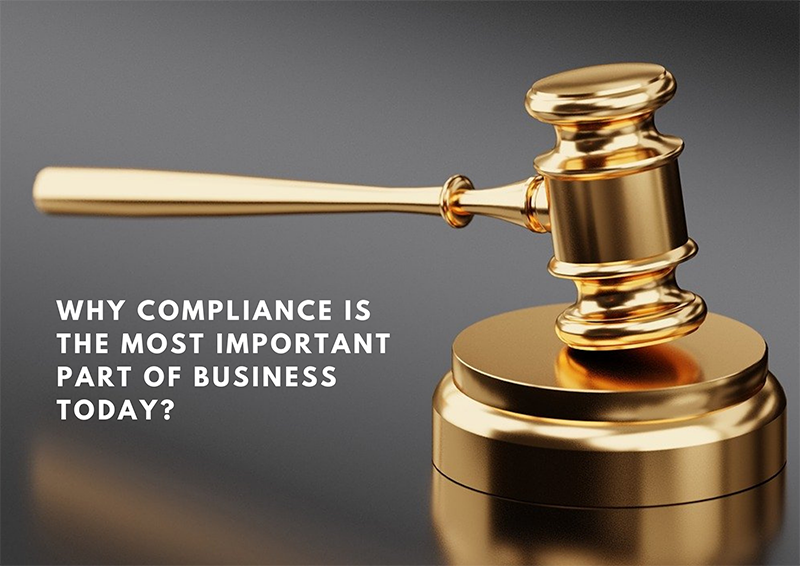
The following outlines the different areas of best-practice compliance, government regulations and laws that a business owner is expected to follow depending on your industry and business type. The Business One Stop Shop will help outline some of the standard laws and regulations that a business is required to comply with including tax registration, business registration and more. We encourage you to go through the areas you need to be compliant. Business regulations often change and it is important for business owners to stay ahead of these updates to remain compliant. Use this guide as a supporting resource for your business. It will be updated as appropriate to cover changes as required by government or public-sector initiatives.

To comply means to meet certain requirements so that your company may run legally and safely. If you are running a restaurant and selling alcohol, you must ensure the business has an alcohol license. Compliance relates to following a set of rules or request. Even as a small business, you should familiarize yourself with what is required of you as a Business Owner when setting up your business.
A regulatory requirement is a set of rules organizations must follow when running a business; examples of these are registering your business, taxes, licenses and permits (whether you have a large or small business). Regulations keep businesses accountable by holding them to a set standard to ensure you comply with the legal requirements involved in starting a business.
Click here to find out more information about Fair and Decent Workplace practices from the Ministry of Internal Affairs. They have policies in place for Workplace practices including Health & Safety. The Cook Islands is currently drafting a whole new set of legislation on workplace health and safety and workers compensation.
Every foreign enterprise wishing to carry on business in the Cook Islands in any activity shall make application to the Business Trade & Investment Board for approval to carry on business in that activity. Refer to the Development Investment Act 2007.
Restriction on carrying on business by foreign enterprise
Approval to carry on Business (18)(3)
Annual filing of information (34)(2)
Everyone person who fails to comply shall be liable to a fine not less than $200 nor more than $2000.
Enforcement (35B)(5)
Offence to supply false information (35C)
General offences and penalty (37)
The Business One Stop Shop guide was created in line with the Economic Recovery Roadmap (ERR) 2030 to provide a simple and easy to follow, relevant and timely information on legal requirements to start and operate a business in the Cook Islands that both informs individuals on key business regulatory processes. It provides a single platform on which
all relevant business information can be sourced.
BTIB has drawn on input from Cook Islands agencies for this guide, various documents including the Companies Regulations 2019, Companies Act 2017 and information publicly available by the government including Ministry of Finance & Economic Management, Ministry of Justice, Labour & Consumer Services, Ministry of Transport, and other government agencies.